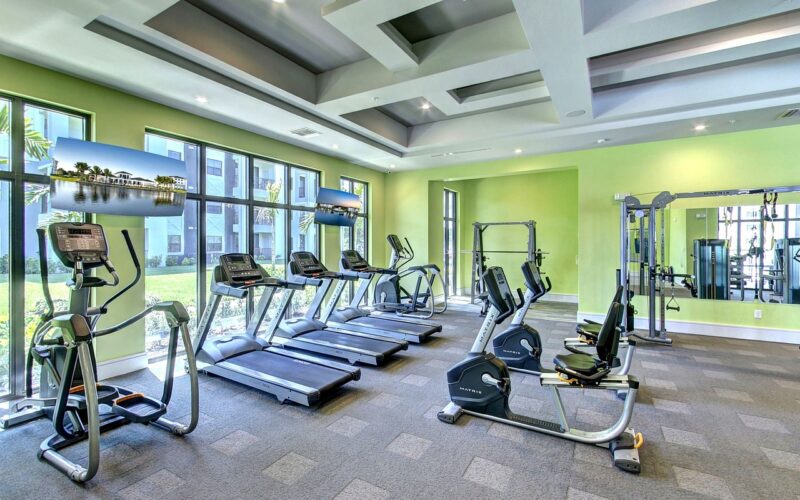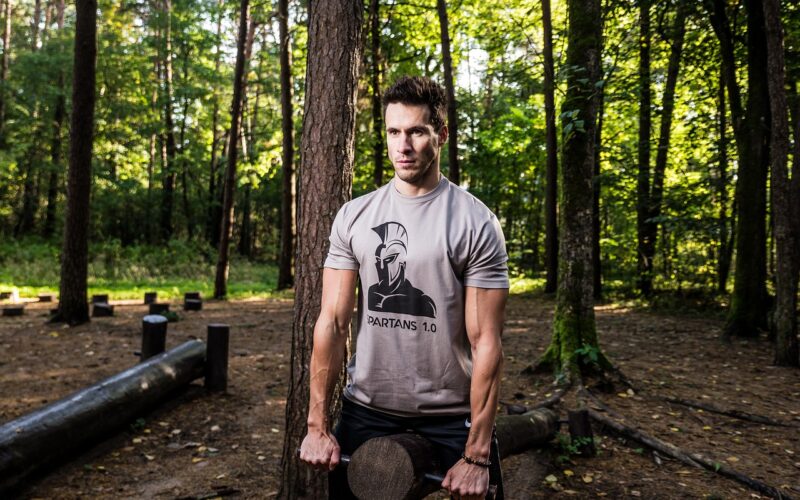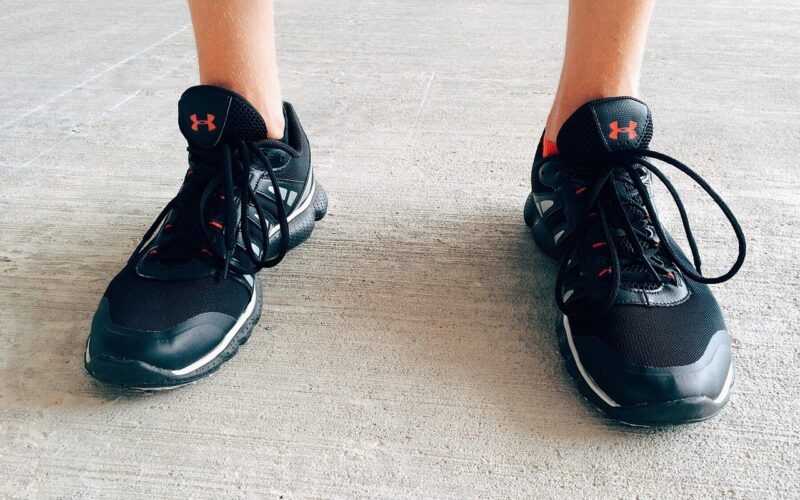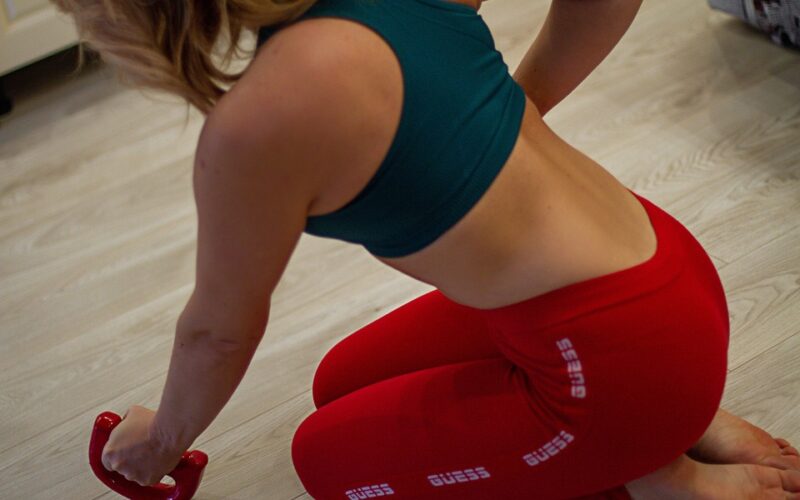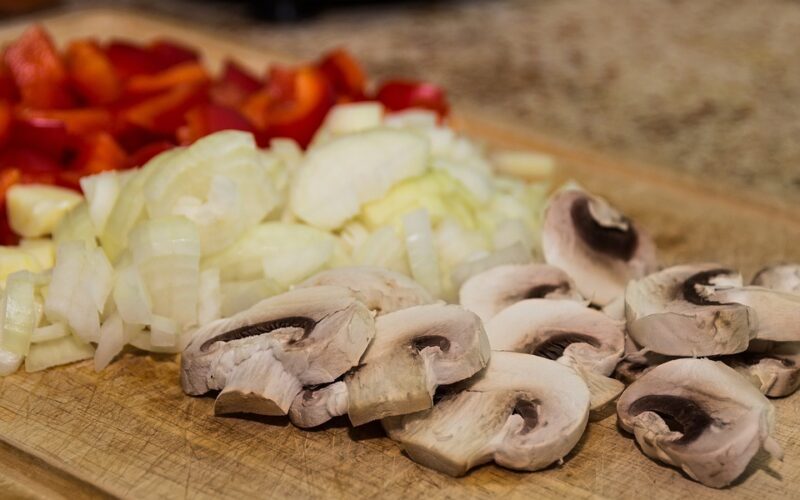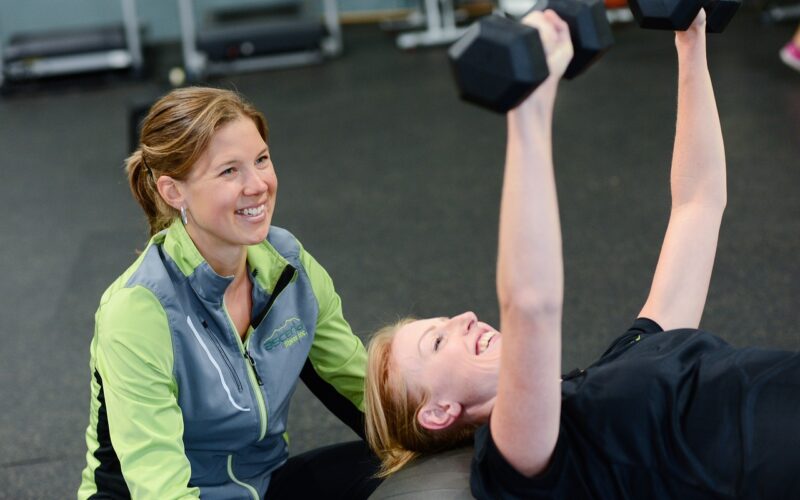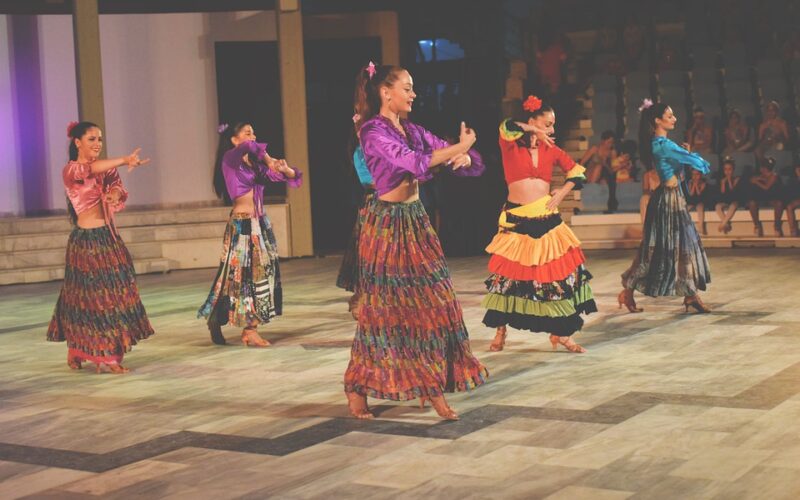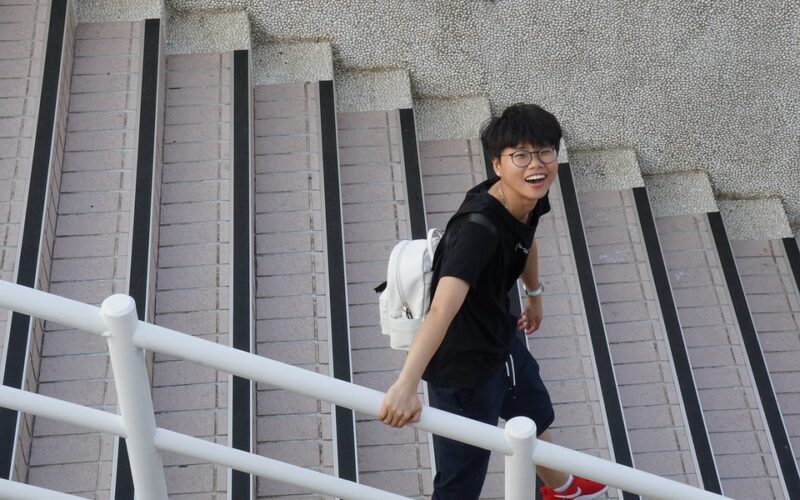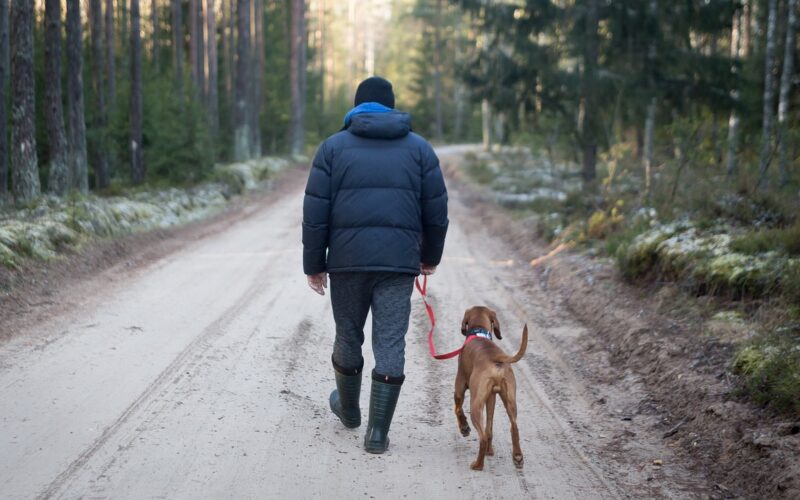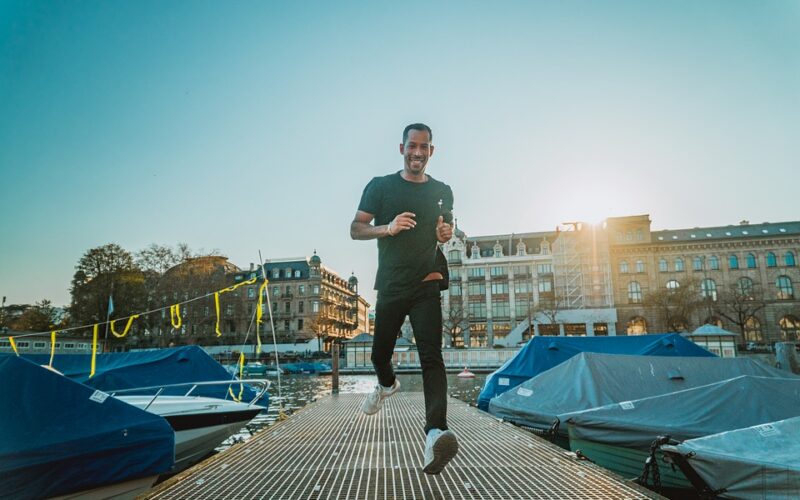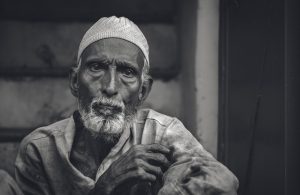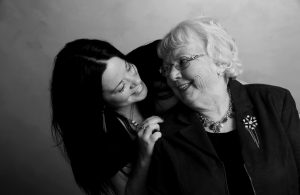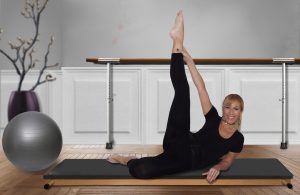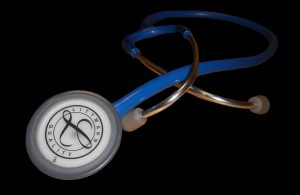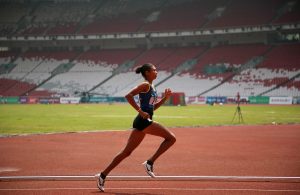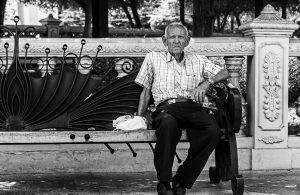Staying physically active is a cornerstone of a healthy and fulfilling life at any age. As we get older, however, the role of regular exercise transitions from a beneficial habit to a vital component of our overall well-being. Maintaining a consistent fitness routine helps to counteract many of the natural physical declines associated with ageing, such as loss of muscle mass, decreased bone density, and reduced mobility. Embracing an active lifestyle ensures we can continue to enjoy our independence, participate in activities we love, and maintain a high quality of life for years to come. It's about more than just adding years to our life; it's about adding life to our years.
Protecting your physical health through regular activity
The physical benefits of staying fit in later life are extensive and well-documented. Regular exercise is instrumental in managing and preventing a host of chronic conditions, including heart disease, type 2 diabetes, and certain types of cancer. It helps to maintain a healthy weight, which reduces strain on our joints, and lowers blood pressure, decreasing the risk of strokes. Strength training, a key component of a balanced personal fitness plan, is particularly crucial for older adults. It builds and preserves muscle mass, which naturally declines with age, and improves bone density, offering a powerful defence against osteoporosis and fractures.
Boosting mental well-being and cognitive function
The connection between physical activity and mental health is undeniable. Exercise stimulates the release of endorphins, which are natural mood elevators that can significantly reduce feelings of anxiety and depression. For older adults, staying active also provides a sense of purpose and routine, combating feelings of isolation that can sometimes accompany retirement or life changes. Furthermore, studies have shown that regular physical activity can help keep our minds sharp. It improves blood flow to the brain, which can enhance cognitive functions like memory, attention, and problem-solving skills, and may even lower the risk of developing dementia.
Enhancing mobility, balance, and independence
One of the greatest concerns for many as they age is the loss of independence. A primary contributor to this is a decline in mobility and balance, which increases the risk of falls—a major cause of injury among older individuals. A dedicated personal fitness programme that incorporates exercises for balance, flexibility, and core strength can dramatically mitigate this risk. Improved mobility means being able to perform daily tasks with ease, from carrying groceries and climbing stairs to playing with grandchildren. This functional strength is the key to living an independent, self-reliant life for as long as possible.
The role of personal training for older adults
While the benefits are clear, knowing where to start can be daunting. This is where professional guidance becomes invaluable. Engaging in personal training provides a safe, effective, and structured approach to fitness tailored specifically to an individual's needs and capabilities. A qualified trainer can design a programme that accounts for any existing health conditions, physical limitations, or specific goals. They ensure exercises are performed with the correct form to prevent injury and provide the motivation needed to stay consistent. Personal training removes the guesswork, creating a clear and supportive path towards achieving health objectives.
Building a sustainable fitness habit for the future
The most effective exercise programme is one you can stick with. Consistency is more important than intensity, especially when building a new habit later in life. Starting slowly, finding activities you genuinely enjoy, and setting realistic goals are all crucial for long-term success. Whether it’s brisk walking, swimming, dancing, or a structured personal training session, the key is to move your body regularly. Integrating physical activity into your daily routine is an investment in your future health, granting you the strength, energy, and vitality to live your life to the fullest.
